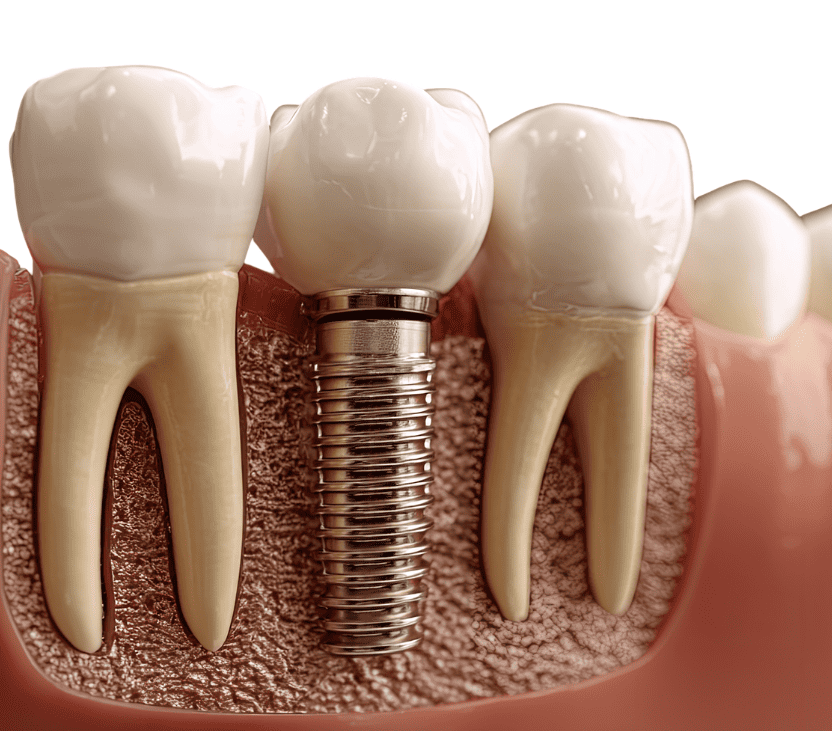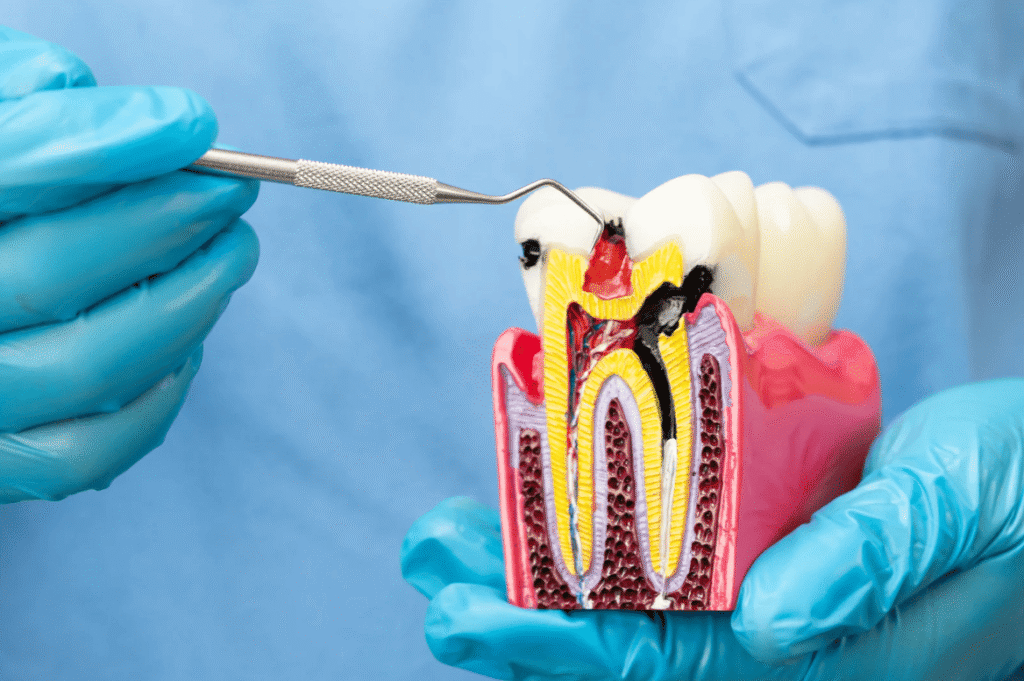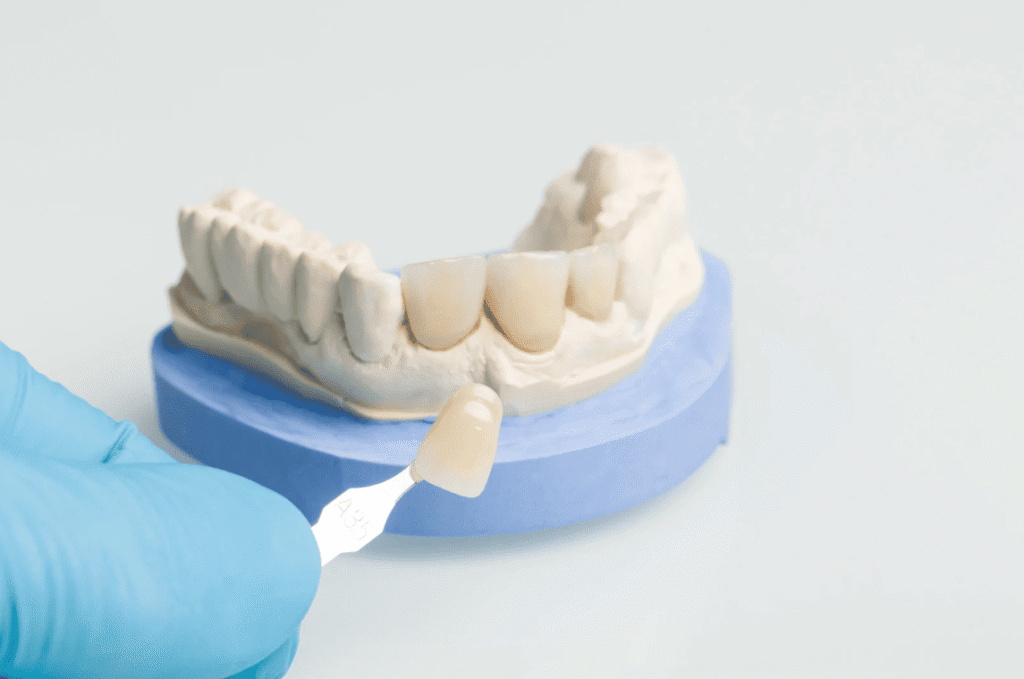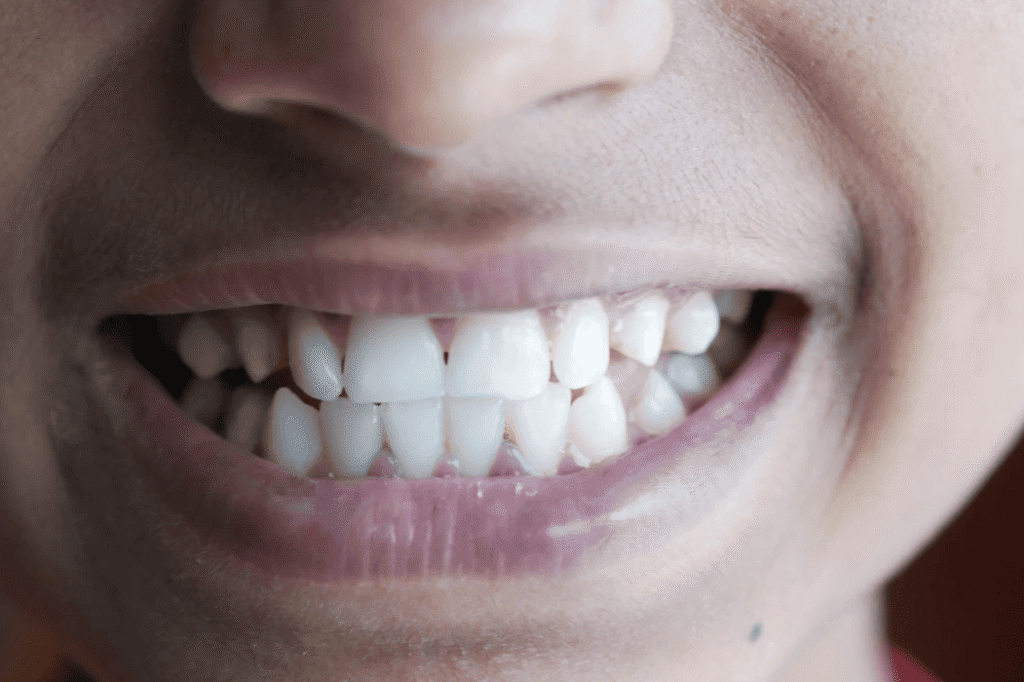
Teeth Whitening Methods: Comparing Effectiveness, Costs, and Precautions
A detailed analysis of teeth whitening methods. Possessing a set of white, radiant teeth not only enhances appearance but also boosts confidence. This article offers comprehensive information, comparing teeth whitening techniques, expected results, treatment costs, and precautions to help you identify the most suitable option.
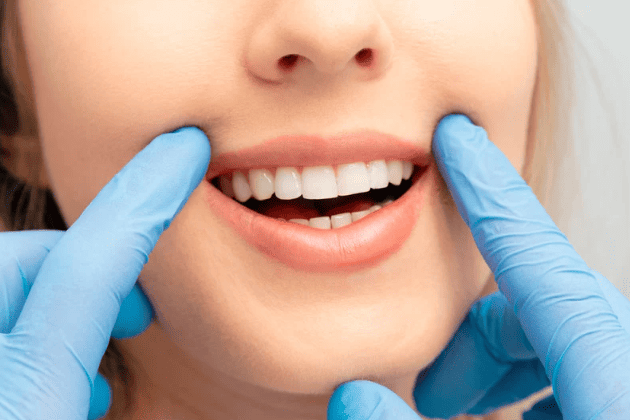
Before Teeth Whitening: Why Do Teeth Turn Yellow?
Before embarking on teeth whitening, it is essential to understand the reasons behind tooth discoloration. The following detailed analysis of five common causes will provide a thorough understanding of why teeth change color, laying a foundation for selecting an appropriate whitening method:
Unhealthy Dietary Habits
Urban lifestyles often involve frequent consumption of dark-colored beverages such as coffee and tea. These drinks contain high concentrations of pigment molecules that accumulate on the tooth surface over time, causing extrinsic staining. Without proper and regular cleaning, this pigment buildup can lead to noticeable yellowing.
Prolonged Smoking
Smoking is a common cause of tooth yellowing. Nicotine and tar from tobacco penetrate the enamel (the outermost hard layer of the tooth), creating stubborn stains. For long-term smokers, teeth may develop deep yellow or brownish hues, which are difficult to remove through standard cleaning methods.
Natural Aging
As age increases, the enamel gradually wears down or thins, revealing the underlying dentin. Dentin naturally exhibits a pale yellow tone, and as a result, tooth color deepens with aging, reflecting a normal physiological change.
Medication Effects
The use of certain antibiotics, such as tetracycline, during tooth development stages (e.g., childhood) may lead to intrinsic discoloration. This type of staining, caused by medication affecting dentin formation, is permanent and requires professional evaluation to determine the appropriate treatment.
Irregular Oral Hygiene
Inconsistent or inadequate oral cleaning habits, such as failing to use a toothbrush and dental floss daily to effectively remove plaque and tartar, allow pigments and stains to accumulate on the tooth surface. Over time, this not only exacerbates yellowing but may also contribute to other oral health issues.
*Regular teeth cleaning and maintaining good oral hygiene are key to preventing tooth discoloration.
Click to learn how our teeth cleaning services can improve your oral health ->
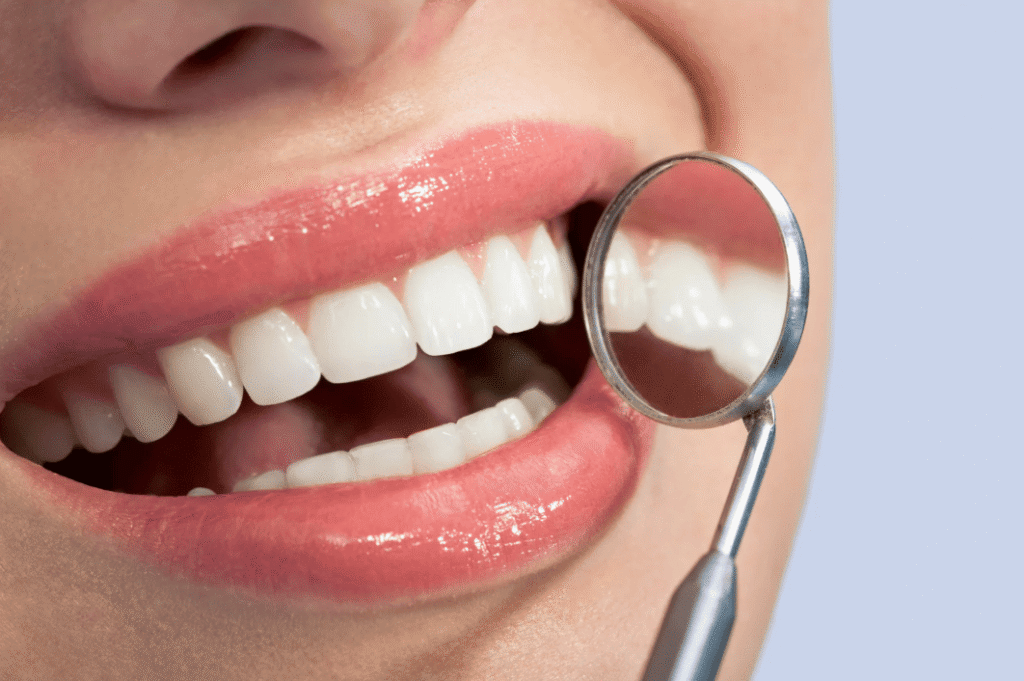
Teeth Whitening Methods: Comparing Which Is Best for You
Teeth whitening primarily falls into two categories: professional dental treatments and at-home products.
Professional Teeth Whitening (Administered by Dentists)
Blue Light Teeth Whitening
This method is suitable for individuals with stubborn stains (e.g., from smoking) or those seeking rapid results. Performed at the clinic by a registered dentist, it involves the use of high-concentration whitening agents (e.g., hydrogen peroxide or carbamide peroxide) combined with laser or blue light to accelerate the process. The treatment typically lasts approximately one hour.
Key Benefits
- Rapid Results: A single session can lighten teeth by 4-8 shades (based on the VITA shade guide), ideal for immediate needs such as weddings or interviews.
- Safety and Reliability: Professional dentists protect the gums, minimizing sensitivity and side effects.
- Durability: Whitening effects can last 6 months to 2 years, depending on individual oral care habits.
More About Blue Light Whitening Treatments & Home Whitening Kits ->
Dental Veneers
This is a permanent teeth whitening solution, ideal for those with aesthetic dental issues. The dentist lightly grinds the tooth surface before custom-crafting thin ceramic or composite resin veneers, which are permanently bonded to the front of the teeth. The process requires 2-3 clinic visits, with a total duration of about 1-2 weeks.
Key Benefits
- Significant Improvement: Addresses discoloration, chips, or shape irregularities with fully customizable shades, achieving a 4-10 shade enhancement.
- Longevity: Lifespan ranges from 10-15 years, depending on care and wear.
More About Dental Veneers Treatment ->
At-Home Whitening Products
Whitening Strips
Examples include Crest 3D Whitestrips, which contain low-concentration peroxide and are applied directly to the tooth surface.
More About Whitening Strips From Colgate ->
Custom Tray Kits
Custom-fitted transparent trays, prescribed by a dentist, are used with low-dose whitening gel at home.
Whitening Toothpaste
Formulated with mild abrasives or bleaching agents, this is suitable for daily maintenance.
More About Whitening Toothpaste From Colgate ->
Key Advantages of At-Home Whitening Products
- Cost-Effective: Price range is approximately HK$100 to HK$1,000.
- Convenience: Can be used at home at any time, offering flexible scheduling.
Key Disadvantages of At-Home Whitening Products
- Slower Results: Requires 2-4 weeks of continuous use for noticeable effects, with limited efficacy against deep stains (e.g., tetracycline-induced discoloration).
- Lack of Professional Supervision: Without a dentist’s guidance, uneven whitening or gum irritation may occur.

Bright Smile, Start Here
Located in Central, Hong Kong, Smith & Jain Dentists offers professional teeth whitening services to help you rediscover a captivating smile. From initial consultation to treatment completion, our team provides personalized care to ensure safety and effectiveness.
Why Choose Us?
- ✅ Personalized Treatment: Tailored plans designed according to your dental condition.
- ✅ Advanced Technology: Utilizes blue light whitening technology for rapid brightness enhancement.
- ✅ Experienced Professional Team: Led by seasoned dentists delivering top-tier care.
💡 Ready to embrace a radiant new smile?
💡 Learn More About Our Services
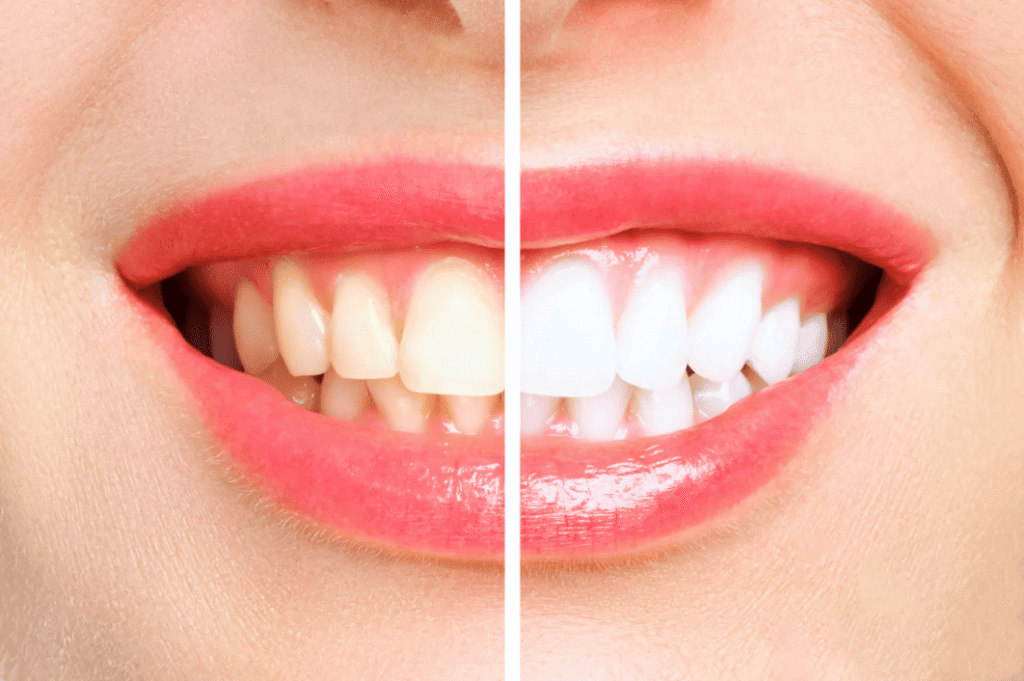
Teeth Whitening Precautions: Safety First
Before commencing a teeth whitening treatment, prioritizing safety is of utmost importance. Please take note of the following considerations:
Tooth Sensitivity
Whitening agents may cause temporary sensitivity to hot or cold, particularly with high-concentration products. It is recommended to use a desensitizing toothpaste (e.g., Sensodyne) to alleviate discomfort and monitor your teeth’s response post-treatment.
Gum Protection
Professional whitening involves the use of isolating agents by dentists to protect the gums from irritation. For at-home products (e.g., whitening strips), careful application is essential to avoid contact with the gums, preventing potential discomfort.
Effectiveness Limitations
If tooth discoloration stems from medication (e.g., tetracycline) or internal factors, whitening results may be limited. It is advisable to consult a dentist first to assess whether alternative treatments are required.
Oral Health Check
A comprehensive oral examination prior to whitening is critical to ensure the absence of cavities or gum inflammation, guaranteeing a safe procedure.
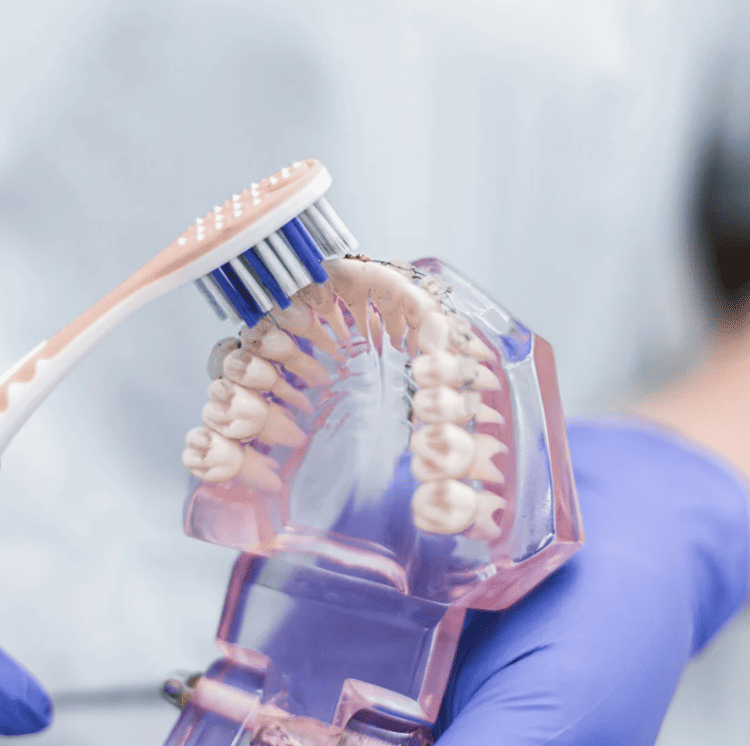
How to Choose the Right Teeth Whitening Method?
When selecting a teeth whitening method, it is essential to make an informed decision based on individual needs and conditions. Please consider the following factors:
Time Requirements
For those seeking immediate and noticeable results, professional blue light whitening (approximately a 1-hour treatment) is an ideal choice. For those without urgent needs, at-home products (e.g., whitening toothpaste or trays) offer a flexible solution.
Dental Condition
Cavities, gingivitis, or severe discoloration must be treated beforehand, as whitening may exacerbate these issues. It is recommended to undergo a dental health assessment by a dentist prior to treatment.
Lifestyle Habits
Individuals who frequently consume coffee, tea, or smoke are at higher risk of discoloration. Post-whitening, enhanced oral care (e.g., regular dental scaling) is advised to prolong the results.
Bright Smile, Start Here
Located in Central, Hong Kong, Smith & Jain Dentists offers professional teeth whitening services to help you rediscover a captivating smile. From initial consultation to treatment completion, our team provides personalized care to ensure safety and effectiveness.
Why Choose Us?
- ✅ Personalized Treatment: Tailored plans designed according to your dental condition.
- ✅ Advanced Technology: Utilizes blue light whitening technology for rapid brightness enhancement.
- ✅ Experienced Professional Team: Led by seasoned dentists delivering top-tier care.
💡 Ready to embrace a radiant new smile?
💡 Learn More About Our Services
Frequently Asked Questions
Will Teeth Whitening Cause Pain?
Teeth whitening may induce temporary sensitivity to hot or cold, particularly when using high-concentration whitening agents or undergoing professional treatments. Sensitivity typically subsides within 24-48 hours post-treatment. It is advised to use a fluoride-based desensitizing toothpaste (e.g., Sensodyne) to alleviate discomfort. If sensitivity persists, consult a dentist immediately.
How Long Can Teeth Whitening Effects Last?
Professional Whitening: Effects generally last 6 months to 2 years, depending on dietary habits (e.g., avoiding coffee or red wine) and the frequency of oral care.
At-Home Whitening: Effects typically last several months, requiring regular use to maintain results.
Dental Veneers: Lifespan is approximately 10-15 years, depending on care and wear.
Can Pregnant Women Undergo Teeth Whitening?
It is not recommended for pregnant women to undergo any teeth whitening procedures, including professional or at-home methods. Whitening agents may pose potential risks to fetal health, and consultation with a dentist after delivery is advised to ensure safety.
Can Individuals with Sensitive Teeth Undergo Whitening?
Individuals with sensitive teeth can undergo whitening with caution. Professional whitening, monitored by a dentist using low-stimulus doses, is safer. At-home products should feature desensitizing formulas (e.g., custom trays). A dental health assessment prior to treatment is recommended.
Will Teeth Whitening Damage Enamel?
Professional whitening, when performed by a qualified dentist, typically does not damage enamel. However, excessive use or poor-quality at-home products may cause mild surface erosion. Regular dental check-ups help ensure tooth health.
How Should Teeth Be Cared for After Whitening?
- Avoid consuming coffee, red wine, or other dark-colored beverages for 48 hours post-treatment.
- Use fluoride toothpaste to strengthen enamel protection.
- Undergo dental scaling every 6 months to maintain whitening effects.
- If using dental veneers, avoid biting hard objects (e.g., ice) to prevent damage.
Disclaimer
All information provided on this website is for informational purposes only and is intended to help readers gain general knowledge about dental health. The content on this website should not be considered a substitute for professional dental diagnosis, advice, or treatment. If you have any dental concerns, please consult a licensed dentist for appropriate medical advice and treatment. Smith & Jain Dentists and its affiliates are not responsible for any direct or indirect damages resulting from the use of this website’s information. This website may include links to external websites for reference purposes only. Smith & Jain Dentists is not responsible for the content or accuracy of third-party websites.

